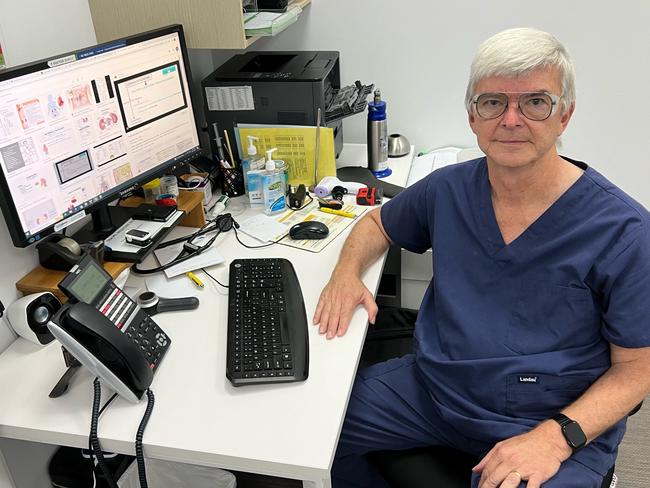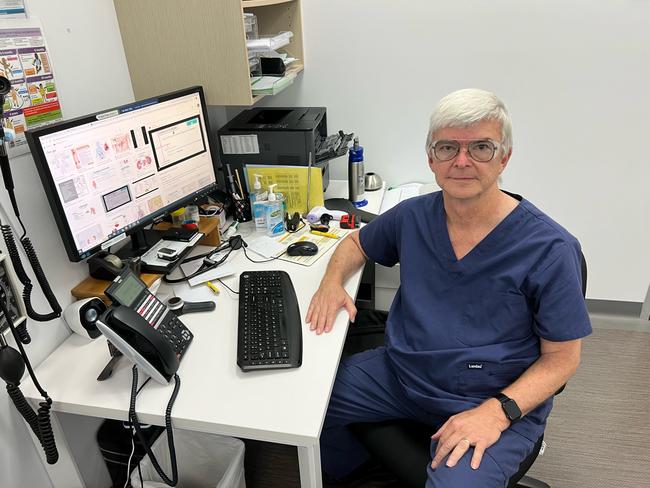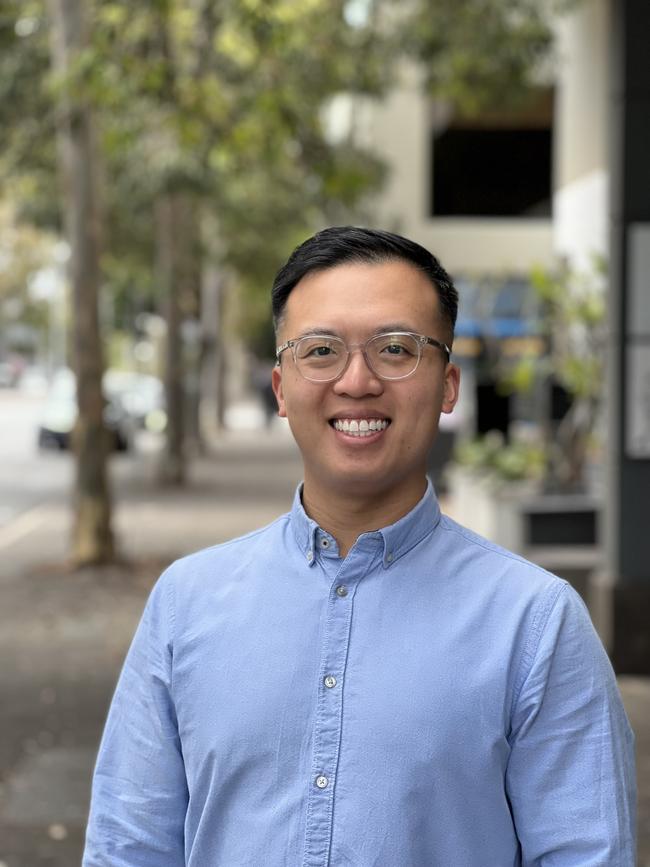“Lost faith and lost trust”: NSW sees highest bulk-billing disparity nationally
You won’t find a single GP in Newcastle accepting new bulk-billed patients, as consult prices rise nationally and push Aussies onto a strained emergency sector

NSW
Don't miss out on the headlines from NSW. Followed categories will be added to My News.
Thousands of NSW residents are struggling to access equitable healthcare close to home, with new data revealing a number of ‘bulk billing blind spots’ across the state.
Chief among these is Newcastle, where not a single clinic is accepting new bulk-billed patients.
According to healthcare data analyst Cleanbill, it’s one of four federal electorates with zero bulk-bill availability – while a further nine electorates have three or less clinics accepting new bulk-billed patients.
And while the state average for bulk billing is high overall – access is highly centralised. For instance the bulk-billing rate for Sydney is 66 per cent while the coverage of Greater NSW at 18 per cent.
Cigdem Watson lives in Narrabri, in the far north west of the state, yet the whole stable of primary carers for her seriously ill son are almost 600 kilometres away in Brisbane.
Ali suffers from a rare bone condition that has promoted the growth of tumours since he was six years old and Ms Watson struggles to find accessible care or government support.
“For ongoing care there was a pediatric psychologist that specialises in pain and chronic pain that we need, but I can’t access that. To access the specialist teams that he needs, we can’t utilise telehealth,” Ms Watson explained.
“It doesn’t make sense. Look, it’s very stressful.”
Ali regularly requires surgery for the removal of tumours.
“Every time he needs surgery. I’ve got to max out my credit card to get it done,” Ms Watson said,
“His condition doesn’t get better, there’s no cure.”
“He started off with a pediatric orthopaedic surgeon … since then, he’s had other complications, so now part of his treatment team is a cardiothoracic surgeon and a surgeon that specialises in hands only.”
Ali’s care plan has forced Ms Watson to regularly sacrifice her own commitments.
“My whole lifestyle has had to change around and it’s not because the government’s assisted in any way. I’ve had to do what I have to do as a mum,” she said.
“When I get really stuck I go into survival mode, and I can’t think myself through it.”
“He can’t attend school all the time and he’s gotten underweight since his last lot of surgery, because now he’s got some sensory disorders that have popped up … it’s not just his rare bone condition now there’s all these other associated things with it. But I don’t have the access to try to improve his quality of life.”
The launch of My Medicare was meant to address the rising cost of primary care by incentivising bulk-billing patients, following a nationwide decline in the practice.
The Cleanbill report revealed there were just 12 federal electorates carrying a bulk-billing rate of 80 per cent or higher, the majority of which are metropolitan.
There are eighteen different electorates with less than 25 per cent coverage, with the remaining 17 electorates sitting between 25 and 68 per cent coverage.
On November 1 the average GP consult price hit $102 before rebates, largely undercutting the benefit to patients of the MyMedicare bulk-billing reform brought in on the same day.
Newcastle GP Milton Sales has experienced this strain, arguing it is impossible for new GPs to start practices, and that the administrative clutter associated with bulk-billing and Medicare makes overhaul in the area impossible.
Newcastle GPs have started picking up the slack themselves, with many volunteering in shelters to provide medical support to vulnerable Australians, or providing concession rates out-of-pocket.

“The general practitioner community has lost faith and lost trust in the Medicare system due to its complexity, and the difficulty in obtaining easily understandable, and accurate advice,” Dr Sales said.
“In this current climate in Newcastle, GP practices are closing. Particularly practises with only 1-3 doctors, which have ceased to be viable. Retiring GPs are not being replaced.
“People often forget that your general practice is a privately run small business. Like all small businesses we have had significant cost pressures over the last few years.”
In many cases, patients who abstain from primary care due to associated costs will turn to free emergency care, which entails long wait times, a greater chance of complications, and a greater financial strain on taxpayers.
“Patients are presenting later within the course of illnesses to the public system, and with the very long waiting times in the public emergency and public outpatient clinics, this will lead to worse outcomes,” Dr Sales said.
“Uninsured patients with serious conditions are giving up on the long wait for public care, leading to them paying for a private procedure with many thousands of dollars out of pocket.”
When Sydney IT expert George Paw moved from Malaysia to Australia, he was impressed by the country’s healthcare system, but now finds himself delaying GP appointments to when he travels to WA to see family, as his family clinic is the only one he can find offering bulk-billing.
“When I first moved to Australia, back in 2007 I was in awe of Australia’s almost universal healthcare system,” Mr Paw said.
“We heard horror stories about what happened to America, where they privatised their healthcare, and then in the end it cost the citizens a lot more money … you are literally one medical incident away from bankruptcy. I really hope that we don’t see that in Australia.
“We’re heading that way where healthcare is no longer truly free and it’s going to cost us, the normal population, more and more every year.”

Mr Paw has since created saveourmedicare.com.au, a website used to campaign to MPs for better healthcare practices.
The Australian Healthcare Index reports that 42 per cent of Australians have begun to see the GP less because of the out-of-pocket costs incurred by a regular GP consult.
Rising out-of-pocket costs were also the most cited challenge to accessing healthcare for patients nationwide.
20 per cent of Australians reported going to ER to bypass out-of-pocket costs.
The Australiasian College for Emergency Medicine (ACEM) reported that the average time for a patient to exit emergency had risen to thirteen hours in 2022. It is recommended patients do not remain longer than eight.
The Consumers Health Forum CEO Elizabeth Deveny believed it was too early to tell if MyMedicare could improve the current financial strain of primary care.
“CHF is really encouraged by the Australian Government’s recent incentive payments,” Ms Deveny said.
“We are also mindful though that increasing Medicare rebates will not help consumers if doctors also increase their fees at the same time.’’




